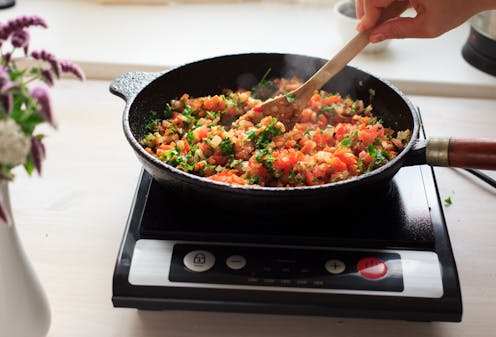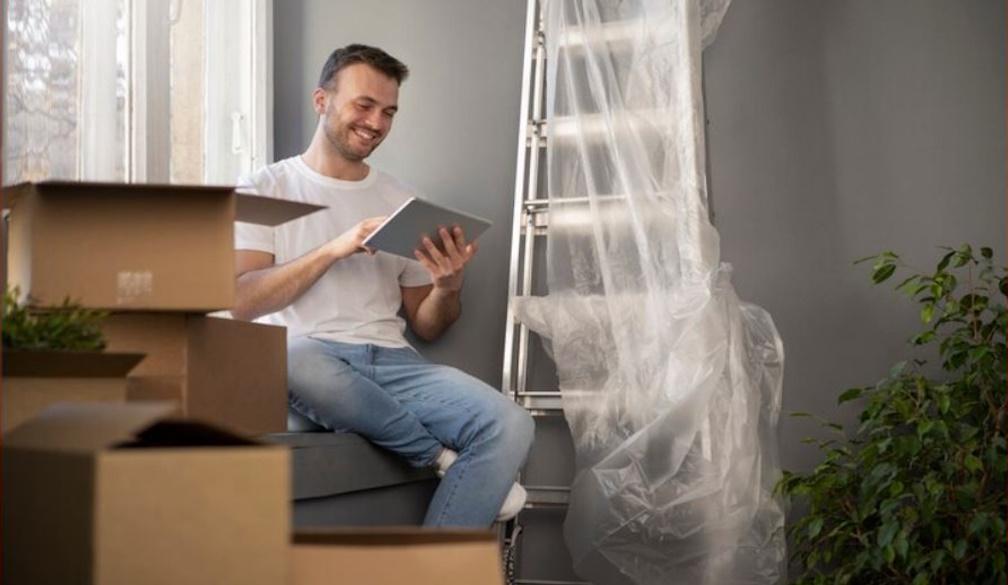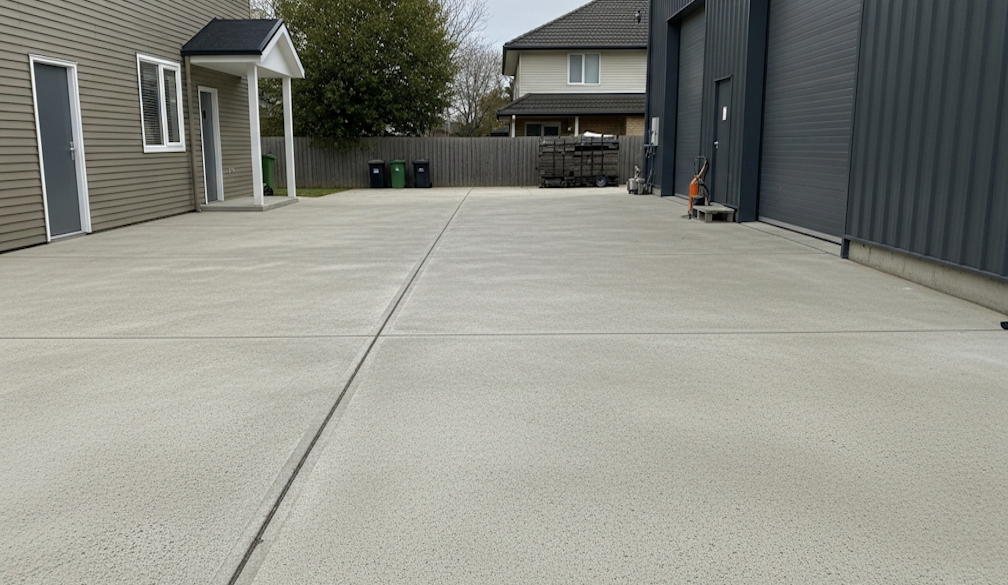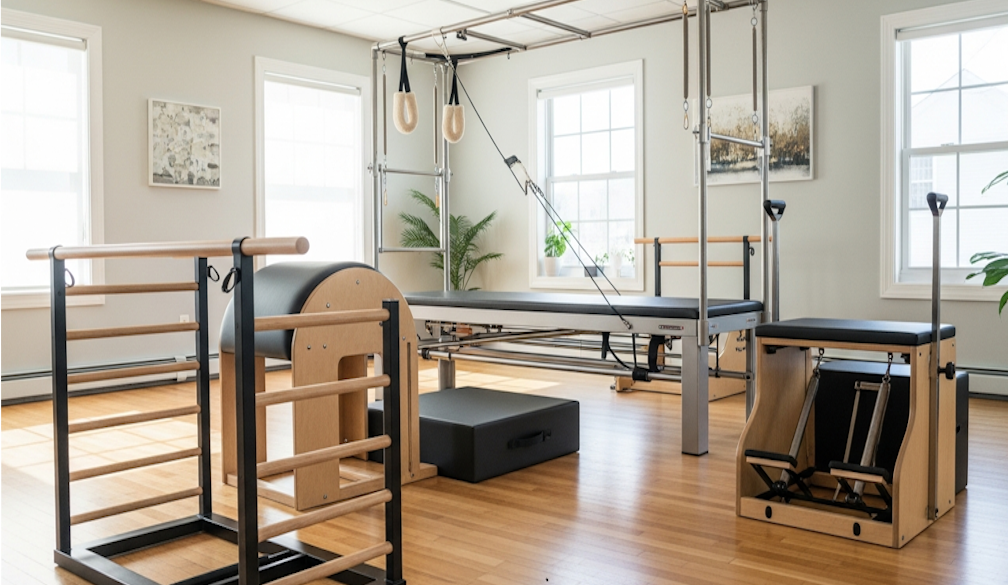5 tips for getting off gas at home – for a cleaner, cheaper, healthier all-electric future
- Written by Trivess Moore, Senior Lecturer, School of Property, Construction and Project Management, RMIT University

Burning gas in our homes to cook food or heat air and water has become a contentious issue. Gas is an expensive, polluting fossil fuel, and there’s mounting evidence to suggest it’s also bad for our health.
Five million existing Australian households will need to get off gas within the next 30 years. But for homeowners, the upfront cost can be a major barrier to action. Renters rarely get a say over the appliances installed in their homes. And apartment owners can struggle to make individual changes too.
In most cases it’s worth making the switch, for the energy bill savings alone. For example, analysis suggests a household in Melbourne switching from gas to electricity can save up to A$13,900 over a decade.
If you’re contemplating upgrading gas appliances in your home, or even disconnecting from the gas network altogether, here are a few handy tips and resources to cut through the confusion.
Homes must switch away from gas by 2050, says policy think tank (ABC News)Read more: Keen to get off gas in your home, but struggling to make the switch? Research shows you're not alone
Tip 1 – Find trusted, independent information
There is no shortage of information on how to make the switch from gas to all-electric appliances. The challenge is finding trusted and independent information.
Not-for-profit organisation Renew has compiled a range of presentations, guides, case studies and research. Choice provides independent reviews of household appliances, including operating costs. The Australian government’s Energy Rating website provides information on appliances to help consumers compare performance. Some local councils and community groups also provide information, support and bulk-buying schemes.
You could also visit some of the all-electric homes open to the public for Sustainable House Day. This can help you learn what works from people who have already made the change.
The My Efficient Electric Home group on Facebook is another active and helpful forum.
If you are going all-electric as part of a wider retrofit, consider an independent Residential Efficiency Scorecard assessment. This will help you understand what to else you can do to maximise thermal comfort, environmental benefits and financial outcomes.
Tip 2 – Plan your approach
Once you understand what to do, the next step is planning how to go about it. Think about what is most important to your household. What is driving the change? If it’s your health, you might like to start by eliminating indoor air pollution from the gas stove. Or if you want to save money, start using reverse-cycle air conditioning to heat your home, rather than gas.
There are three main ways to go all-electric:
-
Replace all your gas appliances at once. Making the change quickly minimises disruption to your home. You may save money on installation costs by doing everything in one go. You will avoid ongoing fixed gas supply charges once you disconnect from the gas network, but you may be required to pay an “abolishment fee” for permanent disconnection. That fee can vary significantly, depending on your location and gas provider. Costs could be up to $1000 (or more) but some states like Victoria have capped the price a household can be charged at $220. Renters wouldn’t be able to permanently disconnect without permission from the landlord, so they would still be open to paying the daily connection fee even if they found alternative electric options for everything else.
-
Replace your gas appliances one at a time, as finances allow. However, there will come a point where financially you will be better off replacing all the remaining gas appliances. This is largely because it will not be affordable to keep paying the daily connection cost for gas if you just have one gas appliance remaining.
-
Just stop using gas appliances in favour of existing electric appliances that do the same job, such as a reverse cycle air conditioner for space heating. You may have – or can buy – plug-in electric alternatives, such as a microwave ovens, portable induction cooktops, air fryers and heaters. These can be a good option for renters when landlords won’t make changes.
Read more: Cooking (and heating) without gas: what are the impacts of shifting to all-electric homes?
You could even borrow portable appliances to see how they work before committing to buying your own.
Households share their electrification journey (Renew)Tip 3 – Access available rebates and resources
Most states offer various rebates for households to reduce the upfront cost of replacing gas appliances. These could reduce costs by thousands of dollars. Some rebates also target rental housing. Here is a list of key rebates available in different states:
Some not-for-profit organisations (such as the Brotherhood of St Laurence) offer financial and other support for lower-income households struggling to pay their energy bills.
Read more: Want an easy $400 a year? Ditch the gas heater in your home for an electric split system
Tip 4 – Wait for a sale or negotiate a better deal
It might sound simple but you can always save money by waiting until these electric appliances are on sale. If you are buying multiple appliances you can try to negotiate a better price. Factory seconds outlets offer lower prices as well.
Tip 5 – Know the issues
While the shift to all-electric will likely provide many benefits there are some things you need to consider:
- The carbon emissions from electricity are falling fast, and many homes have rooftop solar. Combining all-electric with solar panels will maximise returns.
- You may have to adjust to how new technologies operate and perform. For example, you may need new, metallic cookware for an induction cooktop and become familiar with their fast response. Additionally, some people find heat from reverse cycle air conditioners to be drier and/or draughtier than gas heating. Floor-mounted units heat more effectively.
- It is not just the energy performance of appliances that matters. For example, noise from heat pump hot water services can vary across different brands. They can also require more space for installation.
- Undertaking a wider energy retrofit (for example, increasing insulation in walls, ceiling and underfloor, upgrading windows to double glazing) may mean you can buy a smaller, cheaper reverse cycle air conditioner when replacing gas heating.
- Electric appliances also need maintenance to make sure they perform optimally. For example, reverse cycle air conditioners have filters that must be regularly cleaned. While this can be done by households, it can be hard for people with mobility issues.
- Depending on the capacity of your electrical switchboards or wiring, extra electric appliances may require upgrades.
- For renters, while you could use portable appliances, you may not be able to disconnect from gas completely, meaning you would still have to pay a daily connection fee.
- Gas and electricity prices can change over time, for many reasons. For example, if fixed gas distribution costs are spread over fewer customers.
A worthwhile investment
Australian states and territories have started banning gas in new builds. Victoria and the ACT will soon require new housing and major renovations to be all-electric. Others are likely to follow.
For people in existing housing around Australia, it can be daunting to make the switch. Many of us have grown up with gas in our homes and when one appliance breaks, the easiest thing to do is replace like-for-like. But the weight of evidence shows it’s worth taking the time to look at the alteratives and invest in upgrading to all-electric appliances. The benefits far outweigh the costs.
Authors: Trivess Moore, Senior Lecturer, School of Property, Construction and Project Management, RMIT University



















